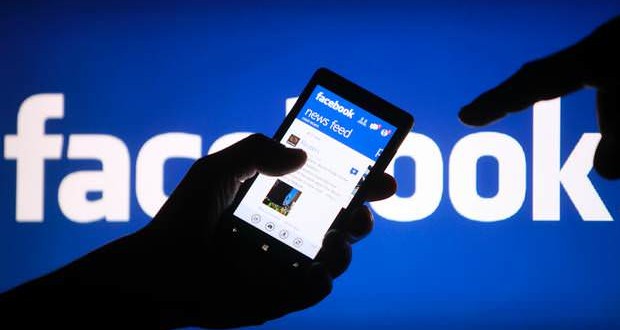We’ll all be cured of Facebook soon. At least, that’s the conclusion of a new Princeton paper published this month on the Arxiv server that modeled the social network’s popularity over time as if it were an infectious illness. The conclusions may sound hard to believe—the scientists predict Facebook will lose 80 percent of its user base by the end of the year—but they sound a lot more probable if you know how they calculated that number.
According to the model, which is yet to be peer-reviewed, more Facebook users would simply lose interest over time as more of their peers desert the site.
Joshua Spechler and John Cannarella, PhD candidates at Princeton University cited ‘disease-like dynamics’ that would erode Facebook’s future popularity.
The study points to Facebook nearing an ”abandonment phase” in their study titled Epidemiological modeling of online social networks dynamics.
”In this paper, we analyze the adoption and abandonment dynamics of online social networks by drawing analogy to the dynamics that govern the spread of infectious disease,” Spechler and Cannarella write.
According to the researchers, Facebook would eventually fade away and by way of example, they cite the rise and fall of social networking site MySpace.
”Ideas, like diseases, have been shown to spread infectiously between people before eventually dying out,” they write.
Some critics, who disagree do not see their prediction about Facebook coming to pass.
According to Tim Bajarin of Creative Strategies Inc, who spoke to MarketWatch, MySpace was a ”bad example” in trying to decide where Facebook would be in three years.
Bajarin told MarketWatch that an epidemiological viewpoint did not factor in a tech platform that could evolve and re-invent itself over time. He added, Facebook had a huge audience to work with and they would lose some people through attrition, but they could also try and to attract new users too if the site evolved to meet new and different needs of an audience that also evolved over time.
The researchers write in conclusion of their study, ”In this paper we have applied a modified epidemiological model to describe the adoption and abandonment dynamics of user activity of online social networks.
“Using publicly available Google data for search query Myspace as a case study, we showed that the traditional SIR model for modeling disease dynamics provides a poor description of the data.
“A 75% decrease in SSE is achieved by modifying the traditional SIR model to incorporate infectious recovery dynamics, which is a better description of OSN dynamics.
“Having validated the SIR model of OSN dynamics on Google data for search query Myspace, we then applied the model to the Google data for search query Facebook. Extrapolating the best fit model into the future suggests that Facebook will undergo a rapid decline in the coming years, losing 80% of its peak user base between 2015 and 2017.”
Agencies/Canadajournal
 Canada Journal – News of the World Articles and videos to bring you the biggest Canadian news stories from across the country every day
Canada Journal – News of the World Articles and videos to bring you the biggest Canadian news stories from across the country every day



